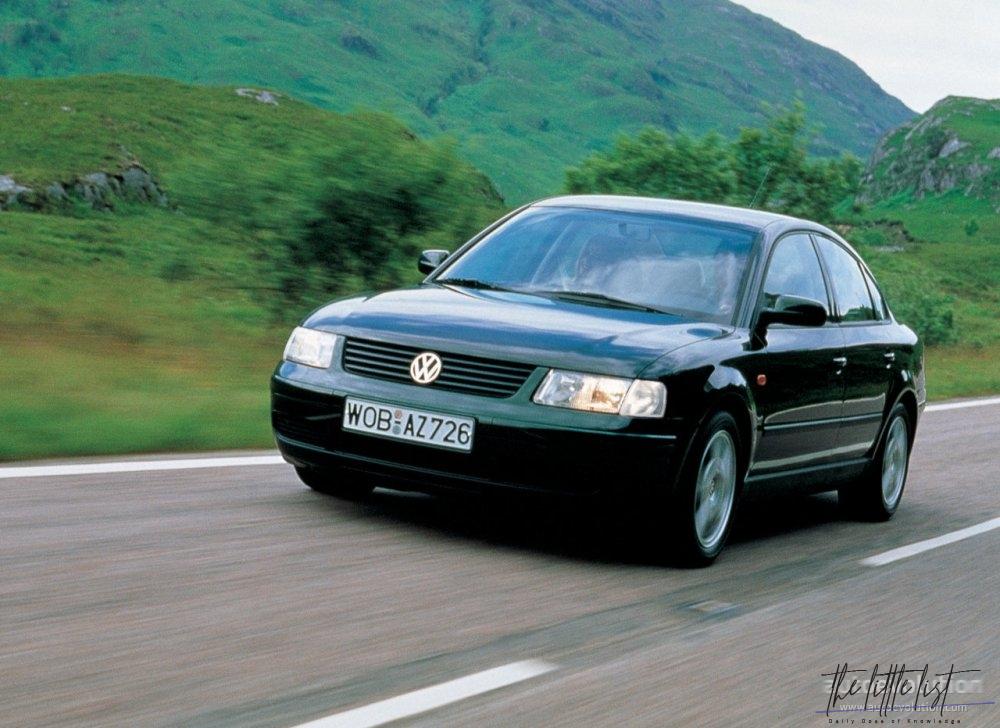Are VW TDI expensive to maintain?
We have two Jetta TDI wagons, a 2002 Mk4 ALH automatic and a 2005 Mk4 BEW manual, both with well over 200,000 miles. Our maintenance costs have averaged just over $0.10/mile (USD) over the time we’ve owned them.
Also, Is 2.0 TDI better than 1.9 TDI?
The 1.9 is slightly more economical, the 2.0 is quicker revving, smoother, faster, quieter. The 1.9 only has a 5 speed box though. The 2.0 doesn’t pull quite as well from low revs (the 1.9 is like a tank) but is less peaky.
Do you need to let a diesel engine warm up?
Myth: Diesel engines need to warm up at idle for 5 to 10 minutes or more especially on cold days before driving them. Fact: This is one of the most common myths about diesel engines. Most engine manufacturers recommend that newer diesel engines idle for no more than 3 minutes before driving.
How often should I change the oil in my VW TDI?
According to the Volkswagen site, Volkswagen recommends that you change your vehicle’s oil every 12 months or 10,000 miles, whichever comes first. That means that if you drive less than 10,000 miles per year, you can just set a recurring annual date to get your oil changed and should be good to go.
How do you maintain a TDI engine?
Top 5 Maintenance Tips For Diesel Engines
- Monitor Your Coolant. Your diesel engine’s coolant is one of its most important maintenance needs. …
- Keep It Clean. Keeping your diesel engine clean is very important for its preservation. …
- Fuel Filter Changes. …
- Effective Air Filters. …
- Appropriate Oil Changes.
Which VW engine is most reliable?
One Volkswagen engine consistently appears on ‘most reliable’ discussions and lists: the 1.8T. Haynes calls the 1.8-liter turbocharged four-cylinder engine the best VW engine. ItStillRuns compares it to the LS small-block V8 in terms of durability and tunability.
Is TSI or TDI better?
Which is better, TSI or TDI? The TDI engine is a diesel engine that’s made by the Volkswagen Group. TDI stands for ‘Turbocharged Direct Injection. … While most modern TSI engines are capable of excellent fuel economy of 45mpg or more, they generally fall short of TDI engines, some of which manage over 65mpg.
Is the VW 2.0 TDI a good engine?
The VW/Audi 2.0 TDI gets mixed reviews when it comes to the reliability of the engines, mainly because of the oil pump and turbo failures. And of course the VW emissions scandal. However, overall these engines are solid and we have seen many last over 200,000 miles without any major engine damage.
Why is idling bad for a diesel engine?
Unnecessary idling wastes fuel, causes air pollution and increases engine wear. An idling diesel engine produces much higher emissions than it would while using the same amount of fuel under load. Extended idling causes a build-up of soot inside the engine and results in a puff of black smoke when the engine revs.
Is it bad to rev a diesel engine?
Most drivers may not want to rev the engine so hard because they think it will damage it. After all, when redlined, an engine can sound like it’s about to blow. However, there’s no need to worry. … Therefore, revving the engine to its maximum speed several times a week is not a problem.
Why do diesels sound like they are knocking?
Answer: The clatter results from the combustion of diesel fuel inside the engine. In a diesel, the fuel is ignited by high pressure and temperature inside the cylinder, rather than by a spark plug. The clatter is the result of fuel not burning as evenly as in a gasoline engine, creating a knock.
Why are diesel oil changes so expensive?
In general, a diesel oil change can be more expensive than a standard oil change simply because diesel fuel and oil cost more than petroleum.
Do TDI need special oil?
Diesel engines require a specific type of oil to ensure performance. Volkswagen specifies that you use CG-4 rated motor oil for the Jetta TDI.
Is it OK to change oil every 10000 miles?
Many automakers have oil-change intervals at 7,500 or even 10,000 miles and 6 or 12 months for time. … Even if you drive fewer miles each year than your automaker suggests changing the oil (say, 6,000 miles, with suggested oil-change intervals at 7,500 miles), you should still be getting that oil changed twice a year.
Is it OK to drive a diesel short distances?
Diesel Rule 3: Don’t buy diesels for low mileage or inner city life. Also known as “diesel car city driving”, you want to avoid doing this. … Driving at low speeds and short distances clogs up your Diesel Particulate Filter (DPF) quickly.
Is it OK to idle a diesel engine?
It’s good for the engine to idle. Diesel engines don’t burn much fuel at idle. Diesel engines create more heat by idling. Diesel engines must idle or they won’t restart.
How do I keep my diesel engine cool?
Get a Coolant Flush
As the temperatures rise, your diesel’s cooling system has to work overtime to keep the engine temperature down. This happens by the water pump pushing a mixture of antifreeze and water through small channels in and around the engine block and the heads.
Why are Volkswagen cars so unreliable?
They can be quirky cars and they’re not without their issues, but it seems like most of the ones that end up being unreliable are because their owners neglect them like they would with a Camry. But unlike a Camry, it doesn’t take nearly as long for that neglect to bite back…
What is the best used Volkswagen to buy?
The 5 Best Volkswagen Cars If You’re Buying Used
- Volkswagen Golf MK7. The Golf has emerged as one of the Volkswagen top cars, beloved across the world and a consistent best-seller. …
- Volkswagen Passat B8. …
- Volkswagen Touareg V6. …
- Volkswagen Jetta A6. …
- Volkswagen Beetle.
Does Volkswagen use Audi engine?
But as we said earlier, technology sharing goes both ways. So, while Audi got the VR6 engine, Volkswagen made use of Audi’s 4.2-liter V8. In Audis, it’s found in the 2004-2009 S4, the 2008-2012 S5 Coupe, the 2002-2012 A8, the 2010-2014 Q7, the 2005-2010 A6, the 2006-2014 R8, as well as the 2007-2008 and 2013-2014 RS 4.
Are diesels more expensive to maintain?
Diesel maintenance is cheaper overall, since diesel engines have fewer problems than gas engines; but diesels are more expensive when they need repairs. Diesel maintenance generally will not cost you more than for a gasoline powered version, depending upon the type of diesel car that you have.
Is TDI a turbo?
The first part of the TDI moniker is relatively straightforward – it stands for ‘Turbocharged‘, indicating that the car has a turbocharger fitted to its engine. … As turbocharging technology improved, power and torque outputs continued to rise, eventually resulting in performance diesels that could rival petrol cars.
What does the Red I in TDI mean?
Red “I” in TDI = chip OR injectors. Red “DI” in TDI = chip AND injectors. Red “TDI” in TDI = Chip + injectors + MORE (pump, larger turbo, etc)




